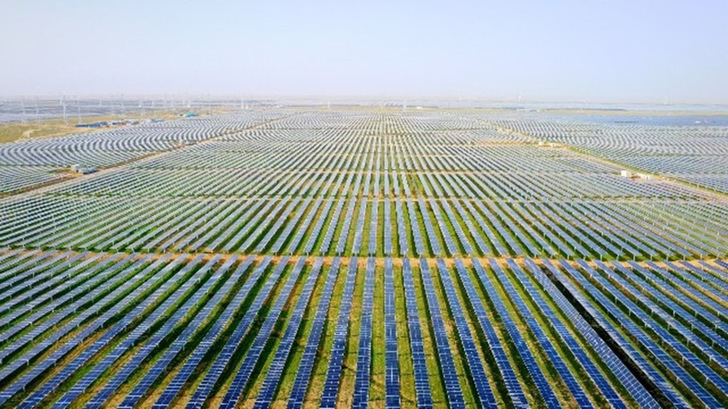The report of McKinsey reveals that the global energy transition is entering a new phase, marked by rising costs, complexity and increased technology challenges. Growing energy demand and resulting emissions could affect the pace of the energy transition, which will require a rethink of both low-carbon and fossil fuel strategies to meet the goals outlined in the Paris Agreement.
Key insights
Key insights include:
- Global energy demand is projected to grow by up to 18% through 2050, mainly driven by growth in energy consumption in emerging economies (especially ASEAN countries, India and the Middle East). – -
- Renewables are projected to grow to 65-80% of the global power generation mix by 2050 depending on the scenario.
- Notably, hydrogen demand is projected to be up to 25% lower than previously anticipated due to cost increases of 20-40% and regulatory uncertainty.
- Fossil fuels are projected to account for 40-60% of total energy demand to 2050, with fossil fuel demand projected to plateau between around 2025-2035 and begin declining thereafter.
- Key drivers of oil demand decline include EV uptake, continued plastic recycling and increased demand for sustainable fuels.
- By 2050, BEVs are projected to account for 99% of global passenger vehicle sales in the Continued Momentum scenario, up from 13% today and 71% in 2030.
- A consequential impact on emissions, which have not yet peaked and are projected to begin their decline between 2025 and 2035. Annual capital spending on physical assets is projected to grow by up to 80% by 2040.
Clean energy solutions must scale up
The analysis demonstrates that the build out of clean energy technologies has not been fast enough to meet growing global energy demand. To date, the buildout of renewable energy sources has largely benefitted from the most promising use cases or “low-hanging fruit” where policy and funding have been most plentiful.
Also see: Double investments in power distribution or lose race to net-zero
Diego Hernandez Diaz, Partner at McKinsey reflected on the findings: “To navigate this critical phase of the energy transition while keeping it affordable, reliable, and green, we need urgent action and a faster pace of change. Even with the surge in global net-zero targets, the technologies needed to reach them aren't progressing quickly enough. Low-carbon solutions must scale up, but they're facing an uphill battle as rising interest rates and supply chain challenges limit access to capital.”
Global carbon price too low
Critically, the report also shows that the current pace of the energy transition could necessitate new oil production to meet energy demand, across all bottom-up scenarios. The previously anticipated fossil fuel peak at the end of this decade is now better characterized as a plateau. Simultaneously, the projections show the global carbon price is currently too low to drive the decarbonization required for the conditions of faster scenarios to be met, particularly the at-scale uptake of carbon, capture, utilization and storage (CCUS), which will be vital to mitigate more carbon intensive fuel sources.
Humayun Tai, Senior Partner at McKinsey, added: "In order to accelerate the energy transition, continued investment into CCUS and energy efficiency is essential to mitigate fossil fuel dependence. Ensuring a viable business case through the right combination of policy, financial frameworks, and incentives will be critical in driving stakeholder adoption and buildout of low-carbon technologies.”
See also: Energy transition not on track – more PV needed
The new report notes that accelerating the pace of the transition will require overcoming several bottlenecks impacting the uptake of low-carbon technologies, including electricity generation and sustainable fuels. This layered with T&D investments needing to grow nearly three-fold by 2050 to recover from under investment and accommodate for intermittent RES, demonstrates the scale of the challenge ahead. (hcn)








